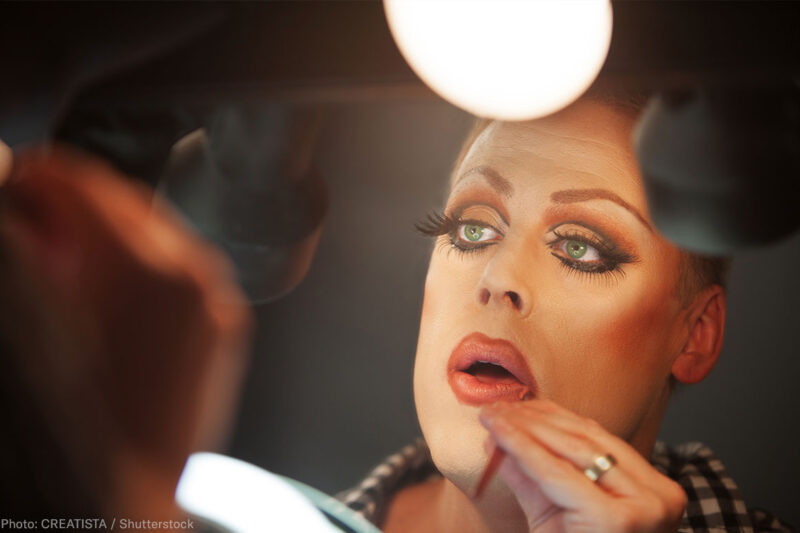
On Monday night, the attempt by the town of Portland, Tennessee, to ban drag shows came to an end. For months, the town’s aldermen have been searching for a way to regulate drag shows out of existence. But the First Amendment got in their way.
It all started in August, when performers with Elite Productions put on a drag show at Envy Restaurant Bar & Grill in downtown Portland. The show was sold out, and the performers went on to hold several more successful performances.
Though popular with the public, the show became a target for the Portland board of aldermen, which has spent much of the past several months trying to find a way to ban drag shows.
In September, board members introduced an ordinance that sought to classify drag shows as “adult cabaret,” which the town described as a form of “adult-oriented business” that “may be erotic [in] nature.” The ordinance would have allowed Portland to zone the drag show into oblivion.
The problem with the proposed ordinance is that Elite’s shows aren’t erotic – they include fully-clothed impersonators singing, dancing and performing comedy bits. (The aldermen admitted that they had never been to the show.)
Male and female impersonation is a time-honored tradition in artistic works, going back to Shakespeare’s “Twelfth Night” and “Merchant of Venice,” “Yentl,” “Tootsie,” the Academy-award-winning “Victor Victoria,” and many more.
As the ACLU of Tennessee, on behalf of Elite Productions, explained to the town in multiple letters, female and male impersonation is a form of artistic expression protected by the First Amendment. It is not inherently sexual or erotic in nature, so Elite Production’s drag shows cannot be regulated like an adult-oriented business.
Nonetheless, the aldermen hired legal counsel at taxpayer expense to advance their quest. They drafted new language that again attempted to define male or female impersonation as inherently erotic in order to regulate it as adult entertainment. The new ordinance also added language about the “secondary effects” of adult-oriented businesses, such as an impact on property values in the area, to justify regulating drag performances.
True adult-oriented businesses may indeed have secondary effects and courts have held that government can impose some reasonable restrictions on adult entertainment. However, Elite Productions’ shows are not erotic in nature. Not one of the studies cited by the board of aldermen connects the type of performance that Elite stages to any secondary effect that would justify such regulation.
In fact, Portland’s own high school has a tradition of an annual “womanless beauty pageant” fundraiser in which male students dress in gowns and crowns. Portland’s American Cancer Society chapter has also held “womanless beauty pageants” in the past. There has been no evidence presented that any of these performances have increased crime or brought property values down.
In the end, there was just no way around the First Amendment. The version of the that ultimately passed on Monday night mirrors the definition of “adult cabaret” found in Tennessee state law, which clarifies that adult cabarets are businesses that offer erotic entertainment with the performers exposing certain anatomical areas. Since those criteria do not apply to the Elite shows, our clients are free to perform without government interference.
As the town’s aldermen learned, just because they don’t like a particular kind of speech does not give them the power to shut it down.


